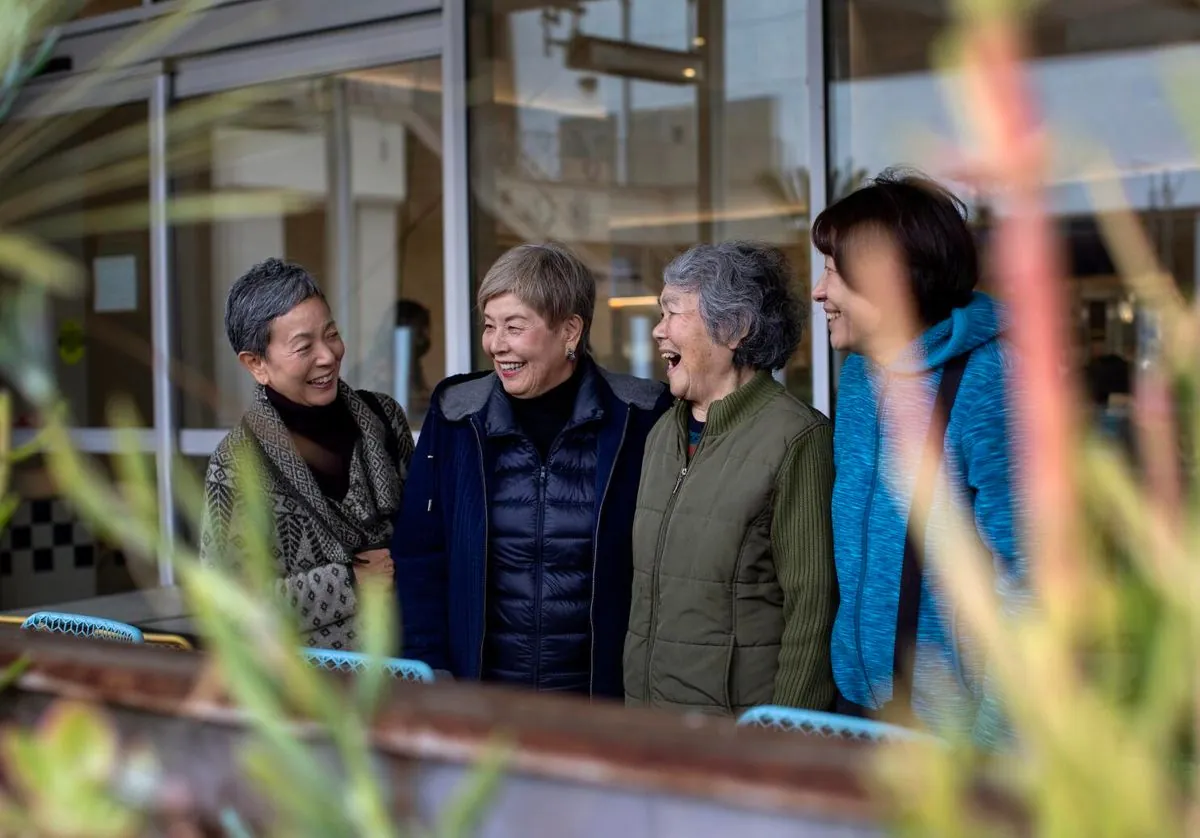In a landmark decision, Iwao Hakamada, an 88-year-old Japanese man, has been acquitted of murder charges dating back to 1966. This verdict marks the end of a nearly six-decade-long legal battle and sheds light on the complexities of Japan's criminal justice system.
Hakamada spent 45 years on death row before his release in 2014, making his case one of the longest in world history. The Shizuoka district court's decision to clear him of all charges comes after a retrial that scrutinized the evidence used in his original conviction.
The case stems from the murders of four people in central Japan in 1966. Hakamada, a former boxer, was accused of stabbing his ex-employer and the man's family to death before setting their house on fire. Despite initially confessing, he later retracted his statement and maintained his innocence throughout the trial.
Japan's justice system, known for its high conviction rate of over 99%, has faced criticism for its heavy reliance on confessions. The "hostage justice" system, where suspects can be detained for up to 23 days without charge, has been a point of contention among human rights advocates.
DNA testing, which wasn't widely available in Japan until the 1990s, played a crucial role in Hakamada's exoneration. His lawyers argued that blood found on clothing allegedly belonging to their client did not match his DNA, casting doubt on the original evidence.
The case has reignited debates about capital punishment in Japan, one of the few developed nations that still practices it. Executions are carried out by hanging, and death row inmates are typically held in solitary confinement, often unaware of their execution date until the day it occurs.
Hideko Hakamada, Iwao's older sister, has been instrumental in the fight to clear his name. Her decades-long struggle highlights the personal toll of wrongful convictions on families.
Amnesty International hailed the verdict as a "pivotal moment for justice" and renewed calls for Japan to abolish the death penalty. The organization stated:
"After enduring almost half a century of wrongful imprisonment and a further 10 years waiting for his retrial, this verdict is an important recognition of the profound injustice he endured for most of his life. It ends an inspiring fight to clear his name."
The case has prompted discussions about judicial reform in Japan. The introduction of a "lay judge" system for serious criminal cases and increased use of physical evidence in courts are steps towards addressing concerns about wrongful convictions.
As Japan grapples with these issues, the international community continues to pressure the country to reconsider its stance on capital punishment. The United Nations has repeatedly called on Japan to abolish the death penalty, despite its broad public support, with polls showing around 80% of Japanese citizens in favor of its retention.
Hakamada's exoneration serves as a powerful reminder of the potential for error in criminal justice systems and the importance of continual review and reform to ensure fair trials and prevent miscarriages of justice.
